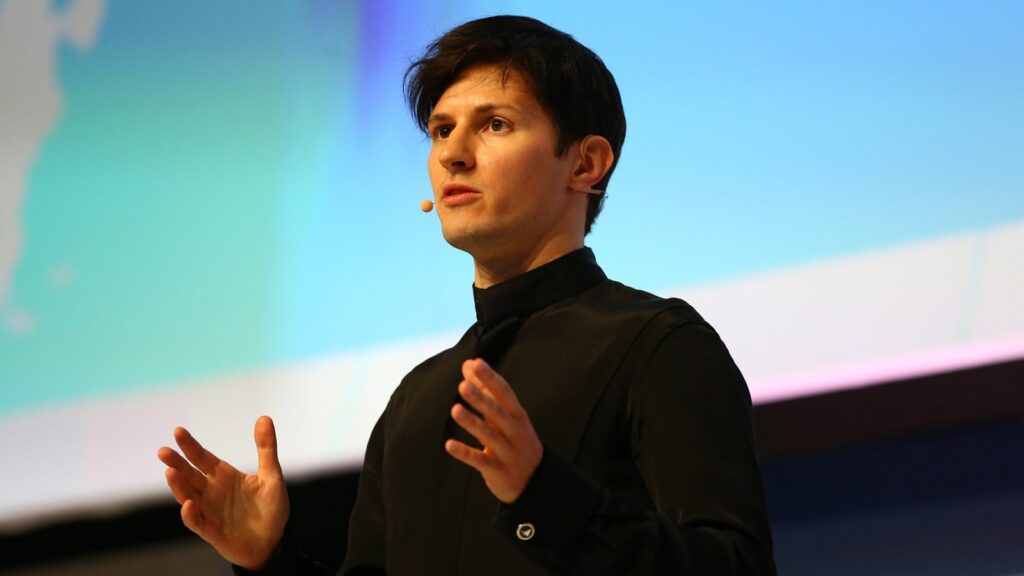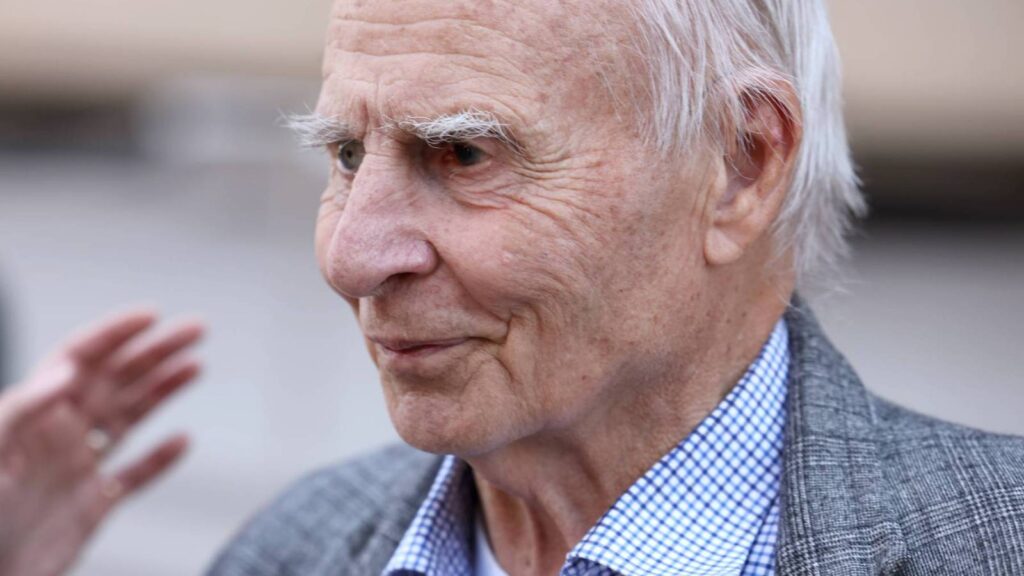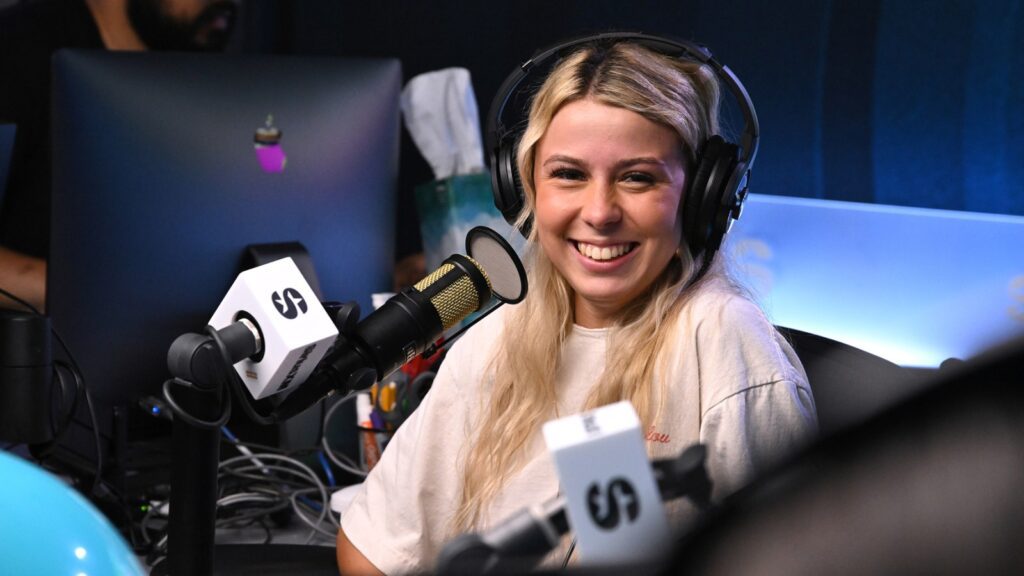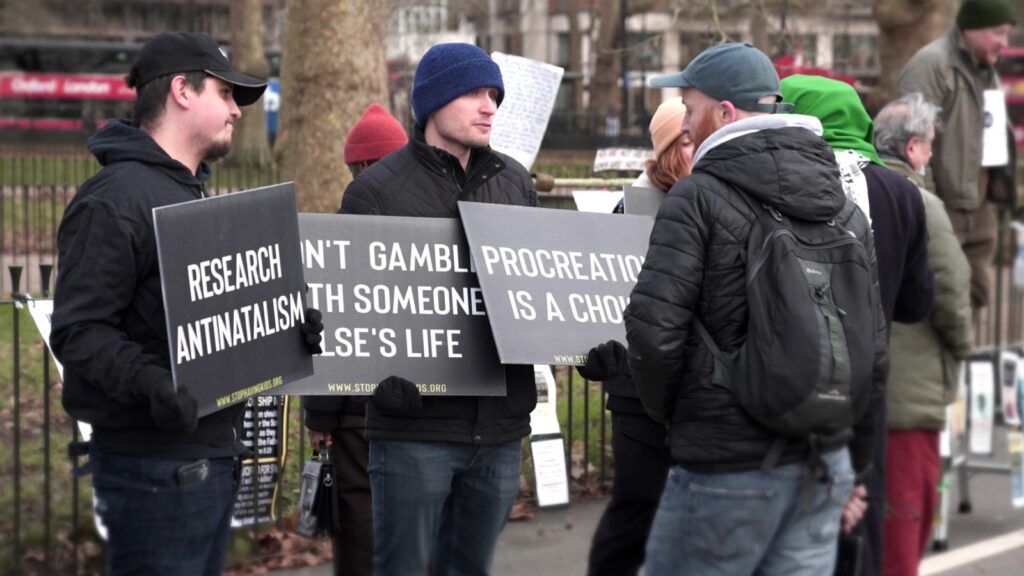Telegram CEO’s Prosecution Won’t Bring Wider Social Media Crackdown
The charges of criminal complicity brought against billionaire Telegram CEO Pavel Durov in France on Wednesday over allegedly enabling child exploitation and drug trafficking on the messaging app have raised alarm about crackdowns on other social media platforms. But how many tech companies and execs are really at risk?
Despite the hand-wringing from some concerned about attacks on free speech across the internet, Durov’s case is likely to be an extraordinary exception — not a sign of what’s to come.
French authorities have also issued an arrest warrant for Durov’s brother and Telegram co-founder Nikolai Durov, but it’s unlikely that, say, Mark Zuckerberg would be arrested after stepping off a plane in Paris. While it’s true that the European Commission has been investigating whether Facebook and Instagram parent Meta is inadequately protecting children, thereby violating of the European Union‘s new Digital Services Act regulations, the penalty for breaking those rules comes in the form of a hefty fine. (Meta was ordered last year to pay $1.3 billion for violating similarly tough EU data privacy laws.) If anything, Zuckerberg should be more concerned about a second term President Donald Trump jailing him for his supposed role in a made-up conspiracy to steal the 2020 election, which the GOP nominee has actually threatened to do.
The differences between a platform like Dubai-headquartered Telegram and California-based Meta are many, but a few are of particular importance in this comparison. For one thing, Meta makes significant efforts — successful or not — to ensure compliance with European law. Telegram, meanwhile, may have taken steps to evade regulation. The EU is investigating, for example, whether the app underreported user numbers so that it would not fall under the classification of a “Very Large Online Platform” and become subject to stricter controls. Facebook and Instagram also have official portals through which governments and law enforcement can request user data in connection with their investigations, whereas Telegram, French prosecutors allege, ignored their demands for material related to purported crimes.
“I think that’s probably what made the police and the prosecutors mad in the first place,” says Daphne Keller, the director of program on platform regulation at Stanford University’s Cyber Policy Center. “This is speculation, but it’s speculation based on a lot of experience.” Keller says that Telegram also appears to have run afoul of EU requirements to take down illegal content after it was reported to the company — something that virtually all major platforms do as a matter of course, with robust mechanisms and employee teams in place for this very purpose. “If Telegram got notified of a bunch of specific user posts that were illegal, and it then failed to take them down, then it forfeited this really important immunity that exists in EU law and exposed itself to whatever criminal claims a French prosecutor can bring under French law,” Keller explains. In fact, she adds, EU law would have protected Telegram if it met this basic requirement like Facebook, YouTube, and others.
Beyond the failure to turn over user data and the liability for leaving criminal content up, Keller says the more outlandish charges against Durov “seem to be saying it’s illegal just to provide an encrypted messaging service, period,” which she finds “bonkers” and “very at odds with what most human rights organizations want.” Telegram is not the only app to offer private encrypted messaging — Signal is another — and Keller notes that such tools have been a matter of significant debate among EU leadership in the past year.
Keller hopes the anti-encryption argument does not become a focus of the case against Durov, though she says that Signal is probably not susceptible to the same line of prosecution. “Signal really is encrypted. They can’t look at your messages, so it’s hard for them to even get in a situation where they know about illegal content but fail to take it down,” she says. “But Telegram is mostly not actually encrypted, or is encrypted poorly. And so it’s much easier for Telegram to get in a situation where they can be charged with knowingly continuing to distribute illegal content.”
All of these factors put Telegram at unique risk among tech platforms. It’s not entirely clear whether the company was unwilling or simply unequipped to remove illegal posts at the necessary rate and scale — despite claiming to consistently shutter channels devoted to child sexual abuse material, child safety advocacy groups say it has not cooperated with them and repeatedly declined to join international programs aimed at combating the distribution of exploitative and abusive imagery.
Nevertheless, Durov has garnered support from legions of far-right extremists who have followings on the app or see him as a champion of free speech. Chris Pavlovski, CEO of the largely unmoderated streaming video site Rumble, which is saturated with right-wing conspiracist content and misinformation, described himself as a possible next target in some wider crackdown, claiming in a tweet that France had “threatened” his platform and arrested Durov “reportedly for not censoring speech.” (This post preceded the announcement of the actual charges against Durov.) Pavlovski also insinuated that he’d had to leave Europe for his own safety. Rumble, which is headquartered in Florida, has been unavailable in France since late 2022 due to its refusal to remove Russian state media channels banned in Europe. It was blocked in Russia this year because, Pavlovski claims, he rejected Moscow’s “censorship requests.”
Elon Musk, owner of X, or the platform once known as Twitter, has also sought to portray Durov as a political prisoner while continuing to tout his own commitment to absolute freedom of expression. (Meanwhile, he has shared tweets calling for the arrest of Zuckerberg over Meta’s lapses on child protections.) After gutting X’s moderation teams and reinstating banned accounts, Musk oversaw a steep rise in extremist hate speech and misinformation on the site that drove away advertisers and is now causing friction with European regulators. In July, the EU said it was charging X with violations of the Digital Services Act related to the app’s paid verification system, which it alleges malicious actors have exploited to deceive consumers, and a lack of transparency as to who is paying for promoted posts. In response, Musk tweeted, “We look forward to a very public battle in court, so that the people of Europe can know the truth.”
None of this grandstanding suggests that Musk, too, might be arrested if he sets foot on the continent. “There are two things that could be going on” between X and the EU, says Keller. “One is, if there’s stuff that’s actually illegal in Europe and X is ignoring notices and leaving it up, they could get in the same kind of trouble Telegram is in.” But it seems, she observes, that X may only be declining to remove “offensive” content that is nonetheless legal in Europe, “so-called ‘lawful but awful’ speech.” It may also be falling short on some administrative obligations, Keller adds, but these issues would be addressed with fines rather than criminal prosecution.
This doesn’t mean that Musk’s acts of defiance will never be without consequences. Brazilian Supreme Court Judge Alexandre de Moraes is poised to order X blocked in the country after the company failed to appoint new legal counsel by a Thursday night deadline. The dispute began in April when Moraes ordered the suspension of X accounts alleged to be spreading disinformation. Many of these backed former president Jair Bolsonaro, whose supporters attacked federal government buildings in Brazil’s capital in a 2023 revolt against the inauguration of his opponent, Luiz Inácio Lula da Silva, as president. (Justice Moraes is also investigating this riot.) Musk threatened to reactivate the accounts, prompting Moraes to open a separate inquiry into his possible obstruction of justice. Earlier this month, X closed its Brazil offices, claiming that Moraes had threatened its legal representative with arrest if they did not comply with “censorship orders.”
It’s not the first showdown between the Brazilian courts and an American social media giant. In 2016, Brazil’s federal police arrested Diego Dzodan, a Facebook vice president from Argentina, because the company had not turned over data related to a drug trafficking investigation from an account on WhatsApp, which it owned. The arrest order was quickly reversed by a judge thanks to a petition by Facebook, and Dzodan was released. The company maintained at the time that it could not provide the requested data because WhatsApp did not store users’ messages and had encryption protections.
“This is a conflict that comes up for companies a lot,” Keller says, and sometimes they resist supplying account information because “it’s the police trying to investigate activists or investigate political opponents or investigate journalists. There are good reasons for the platforms to want to resist handing over data some of the time. But if you’re operating in Europe and you just have a uniform policy of saying no to the police, or investigating things like child abuse material, you’re going to get in trouble.”
However, Keller doesn’t see any U.S. companies “disregarding” such illegal content the way Telegram allegedly has, so the prospect of a Silicon Valley titan heading to prison for this is practically nil. “I don’t think prosecutors are going to go after people for some internal glitch where the message didn’t get through,” she says of the moderation failures that affect every digital platform. “They’re going to go after somebody who is deliberately, intentionally saying, ‘I’m not going to take this down.’”





